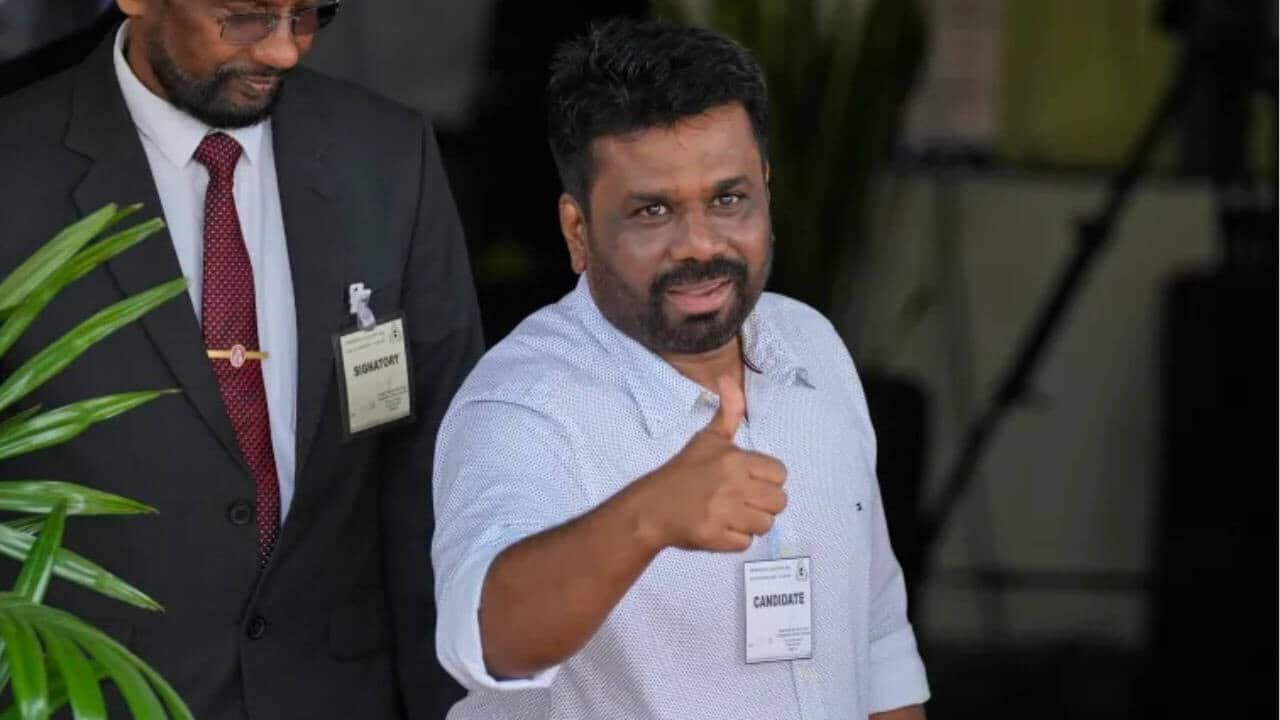
'Don't want to be sandwiched between India-China': SL's new president
What's the story
Sri Lanka's newly elected President Anura Kumara Dissanayake has declared that his country does not wish to be caught in the middle of geopolitical tensions, particularly those involving China and India. In an interview with Monocle magazine, Dissanayake outlined his government's foreign policy approach, emphasizing neutrality and independence. He stated that under his leadership, the National People's Power (NPP) government aims for balanced relationships with both China and India.
Foreign policy
Dissanayake's vision for Sri Lanka's global relations
"We won't be a competitor in that geopolitical fight, nor will we be aligned to any party. We don't want to be sandwiched, especially between China and India," Dissanayake said. "Both countries are valued friends and, under an NPP government, we expect them to become close partners." He also expressed his desire for Sri Lanka to maintain relations with the European Union (EU), the Middle East, and Africa.
Election win
Dissanayake's election victory and future plans
Dissanayake, a leftist leader, emerged victorious in Sri Lanka's presidential election after defeating incumbent liberal President Ranil Wickremesinghe. He leads the National People's Power (NPP), a coalition of civil society groups, professionals, Buddhist clergy and students. The country's Election Commission announced that Dissanayake won the presidency with 42.31% of the vote, relegating opposition leader Sajith Premadasa to second place and Wickremesinghe to third.
Sovereignty protection
Dissanayake's stance on Sri Lanka's sovereignty
Dissanayake emphasized that his neutral foreign policy approach is crucial for safeguarding Sri Lanka's sovereignty amid rising regional tensions. He asserted that Sri Lanka will not participate in power struggles between global superpowers. Instead, the focus will be on fostering diplomatic partnerships that offer mutual benefits. This stance marks a significant shift from previous administrations, which had close ties with China and were accused of undermining the country's sovereignty by signing "lopsided" agreements with Beijing.